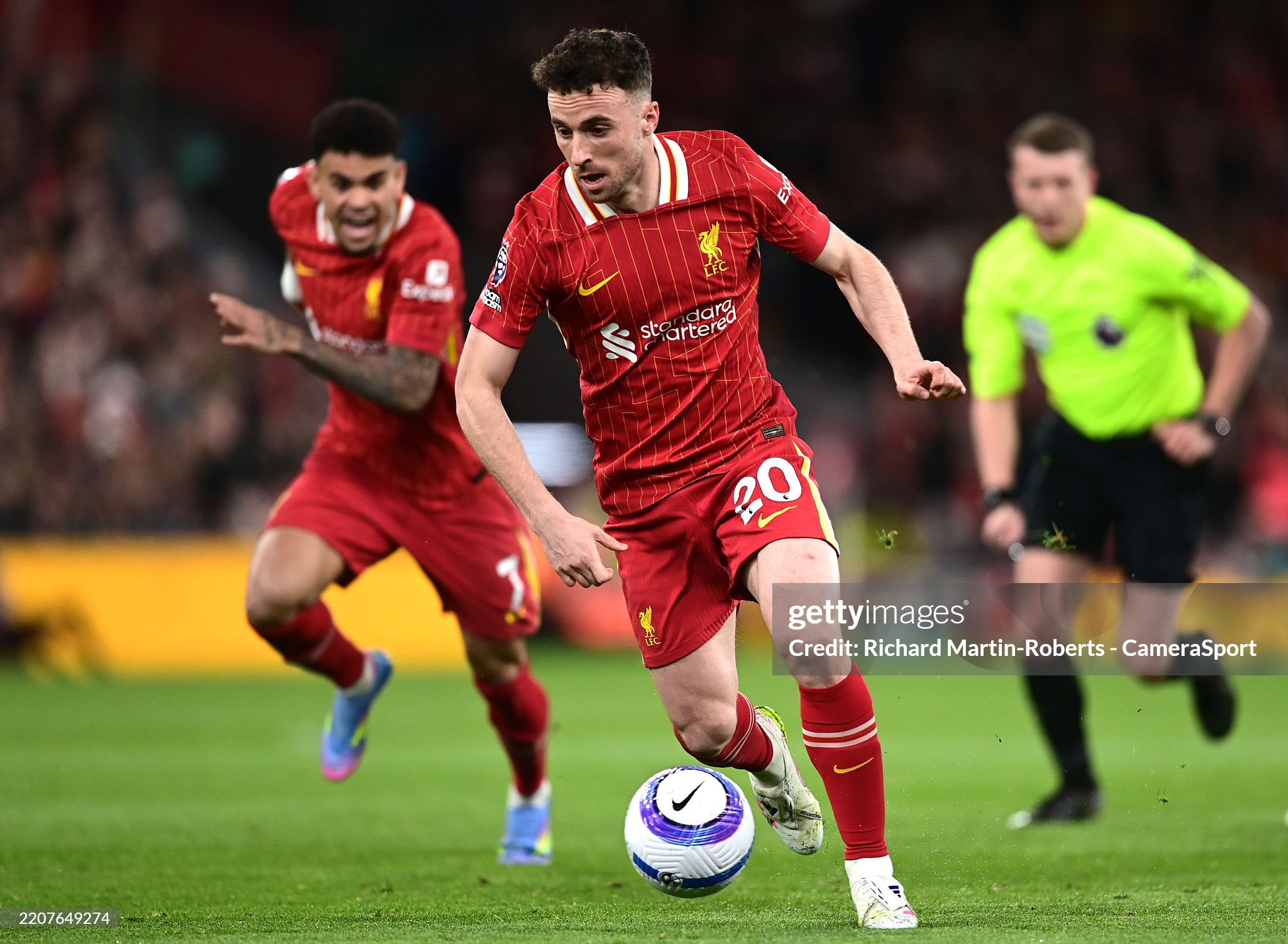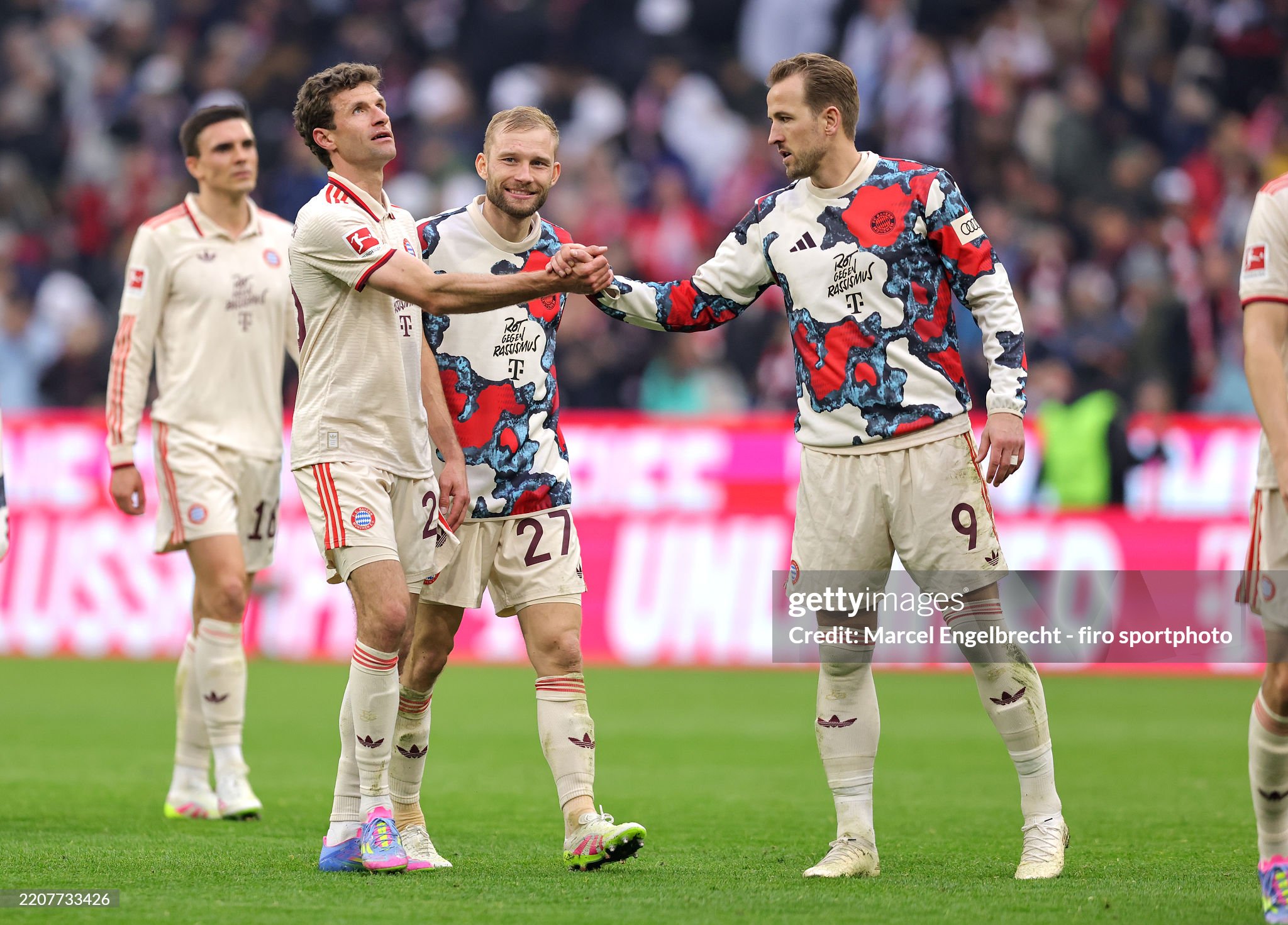The Premier League Referees' Association has admitted that James Tarkowski should have been shown a red card in the city derby between Liverpool and Everton on Wednesday night. Tarkowski got away with a yellow card during the Merseyside Derby after a brutal tackle on Alexis Mac Allister.
The Premier League Referees' Association (PGMOL) has officially admitted that James Tarkowski should have been shown a red card during the heated Merseyside Derby between Liverpool and Everton on Wednesday night.
The controversial incident occurred when Tarkowski, Everton’s robust central defender, lunged recklessly into a tackle on Liverpool’s Alexis Mac Allister. Despite the severity of the challenge, Tarkowski only received a yellow card from referee Sam Barrott, a decision that immediately sparked outrage and widespread debate among fans, pundits, and players alike. The match ultimately ended in a 1-0 victory for Liverpool, courtesy of a late goal from Diogo Jota.
PGMOL’s admission of error has added fuel to ongoing discussions about the consistency and quality of refereeing decisions in the Premier League. The incident is just the latest in a series of high-profile controversies that have put referees and the VAR system under intense scrutiny. Many critics argue that the use of VAR, which was supposed to eliminate such egregious mistakes, has instead introduced new layers of inconsistency and frustration.
With this admission, PGMOL aligns itself with the sentiment expressed by Liverpool manager Arne Slot. Although Slot was reserved in his initial reaction, his position was evident. In his post-match comments, Slot stated, “I think everyone has already said something about it, so why should I add anything more? It’s so obvious that there’s no need for me to comment on it.” Slot’s remarks hinted at his frustration not just with the decision itself, but also with the broader pattern of officiating inconsistencies that have plagued recent matches.
During his Thursday press conference, Slot was more forthcoming in his assessment of the incident. As he prepared his team for their upcoming clash with Fulham on Sunday, Slot remarked, “It’s good that they acknowledged a mistake. Mistakes are made in a football match, by us, by me, and by referees.” His diplomatic response demonstrated a level of understanding that, while admirable, likely did little to ease the frustration of Liverpool fans who felt justice had not been served.
Former Premier League players and current pundits have also weighed in on the incident, further intensifying the debate. Gary Neville, known for his analytical approach and outspoken commentary, was particularly harsh in his critique of the challenge. “That’s a potential leg-breaker,” Neville said during the post-match analysis. “I think he’s very lucky there. Some people will say it’s a natural action. Believe me: as a defender, you don’t have to follow through like that.” Neville’s experience as a former Manchester United defender lent weight to his criticism, highlighting the recklessness of Tarkowski’s challenge.
Jamie Carragher, another highly respected voice in English football and a former Liverpool defender, echoed Neville’s sentiments with equal conviction. “It’s a shocking tackle, we all know it should have been a red card. It’s shocking that Tierney didn’t give it after seeing the footage,” Carragher stated, his frustration palpable. Carragher’s criticism extended beyond the individual decision, touching on broader concerns about VAR implementation and the lack of accountability for officials.
Referee Sam Barrott and VAR official Paul Tierney have faced a barrage of criticism since the match, with many questioning how such a dangerous challenge could be deemed acceptable by the officials. Tierney, in particular, has been under fire for failing to intervene after reviewing the footage, which many believe clearly demonstrated the severity of Tarkowski’s tackle.
PGMOL’s acknowledgment of the error, while commendable for its transparency, has done little to quell the growing dissatisfaction among fans and pundits alike. The organization has pledged to review the incident and ensure that lessons are learned, but this assurance is unlikely to satisfy those who feel the damage has already been done. The match result may not have been affected by the refereeing blunder, as Liverpool ultimately secured a 1-0 victory thanks to a clinical finish from Diogo Jota. However, the incident has cast a shadow over what should have been a celebration of Liverpool’s hard-fought win.
This controversy has also rekindled the debate over the effectiveness of VAR in its current form. Many argue that the technology is only as good as the officials operating it, and that human error continues to undermine its potential benefits. Critics have called for greater consistency, improved training for referees, and more accountability when mistakes are made.
Moreover, the fact that PGMOL felt compelled to publicly acknowledge the error speaks to the mounting pressure on the organization to improve its standards. As the Premier League continues to market itself as the most competitive and exciting football league in the world, incidents like this threaten to damage its credibility.
Slot’s composed response, while admirable, also highlights a sense of resignation among managers who feel powerless to change the current state of officiating. His comment about mistakes being made by everyone, including referees, suggests a recognition that errors are part of the game. However, many would argue that the purpose of VAR is to minimize those errors, not to perpetuate them.
The timing of this controversy is particularly unfortunate for Everton, who find themselves battling relegation. With every point crucial, decisions such as this one can have significant ramifications for their survival hopes. While Liverpool emerged victorious on the day, the broader debate about refereeing standards and VAR usage remains unresolved.
PGMOL’s acknowledgment of their mistake is a positive step, but it also raises questions about what measures will be taken to prevent similar errors in the future. Calls for reform are growing louder, with many fans and analysts demanding a more transparent and accountable approach to officiating in the Premier League.
As the dust settles from this latest incident, attention will inevitably turn to how the league responds. For now, Liverpool can celebrate their victory, but the lingering controversy over Tarkowski’s challenge ensures that the conversation about refereeing standards will continue.







